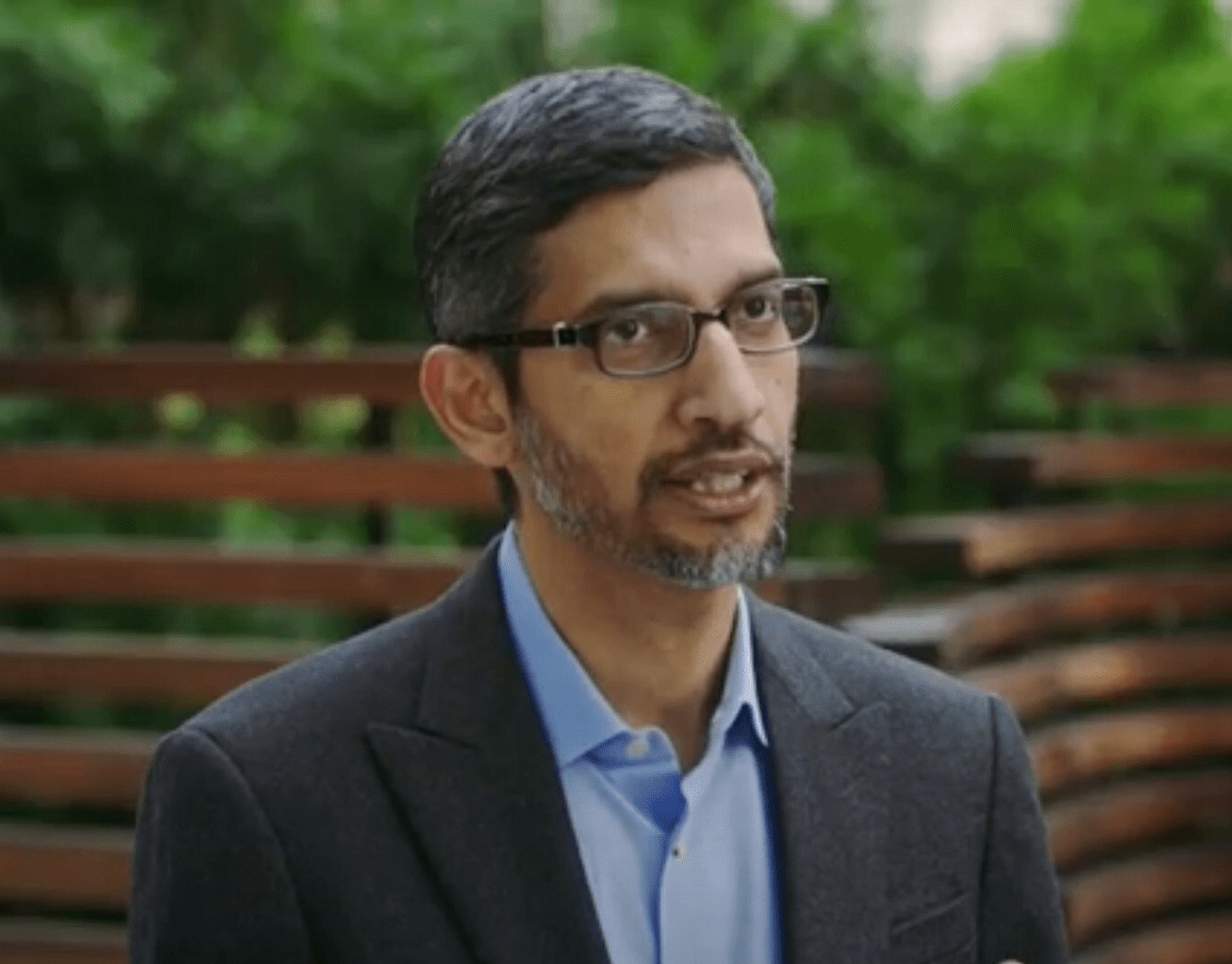Google CEO Sundar Pichai has said that he believes that the ideology of a free and open Internet is under attack in many countries around the world.
Speaking with the BBC, Sundar Pichai said that the flow of information was being restricted and is being looked at as a norm instead of an outlier.
Pichai has often been quoted as saying that a free and open internet is foundational. The interview seems to draw comparisons to China’s more authoritarian rule of the internet and Sundar Pichai simply responds by saying that none of their major products or services are available in China.
The Open Internet is a fundamental network (net) neutrality concept in which information across the World Wide Web (WWW) is equally free and available without variables that depend on the financial motives of Internet Service Providers (ISP).
According to Arvian Research, net neutrality and the Open Internet have become increasingly controversial as some ISPs have moved toward new ways of controlling data transmission.
“Net neutrality and other principles, like Web censorship and privacy, have been analyzed from many angles as the Internet has emerged as a single global platform. The future of net neutrality will be a deciding factor in the continued transparent and free flow of information to Internet users worldwide,” states Arvian Research.
The rest of the Google staff that the BBC spoke to consider PSundar Pichai to be a considerate leader and as a person genuinely committed to lead by example. He was referred to as an idealist, especially on how transformative technology can be at improving things like living standards.
Sundar Pichai also made it clear that the responsibility of steering the future of the internet should not be an onus of an individual but rather a collective think tank that plots the course forward while taking into account the foundational pillars of the free internet.
In the absence of compelling laws from legislation across the world, it is clear that big technology companies have the responsibility to guide the way forward, the only problem is not all of them seem united as to what truly should be the right path to take.
According to Sundar Pichai, over the next quarter of a century, two other developments will further revolutionise our world: artificial intelligence and quantum computing. Amid the rustling leaves and sunshine of the vast, empty campus that is Google’s HQ in Silicon Valley, Pichai stressed how consequential AI was going to be.
“I view it as the most profound technology that humanity will ever develop and work on. You know, if you think about fire or electricity or the internet, it’s like that. But I think even more profound,” said Sundar Pichai.
Artificial intelligence is, at base, the attempt to replicate human intelligence in machines. Various AI systems are already better at solving particular kinds of problems than humans. For an eloquent exposition of the potential harms from AI, try this essay by Henry Kissinger.
Quantum Computing is a totally different phenomenon. Ordinary computing is based on states of matter that are binary: 0 or 1. Nothing in-between. These positions are called bits.
(The story is based on BBC and MoneyControl inputs)





